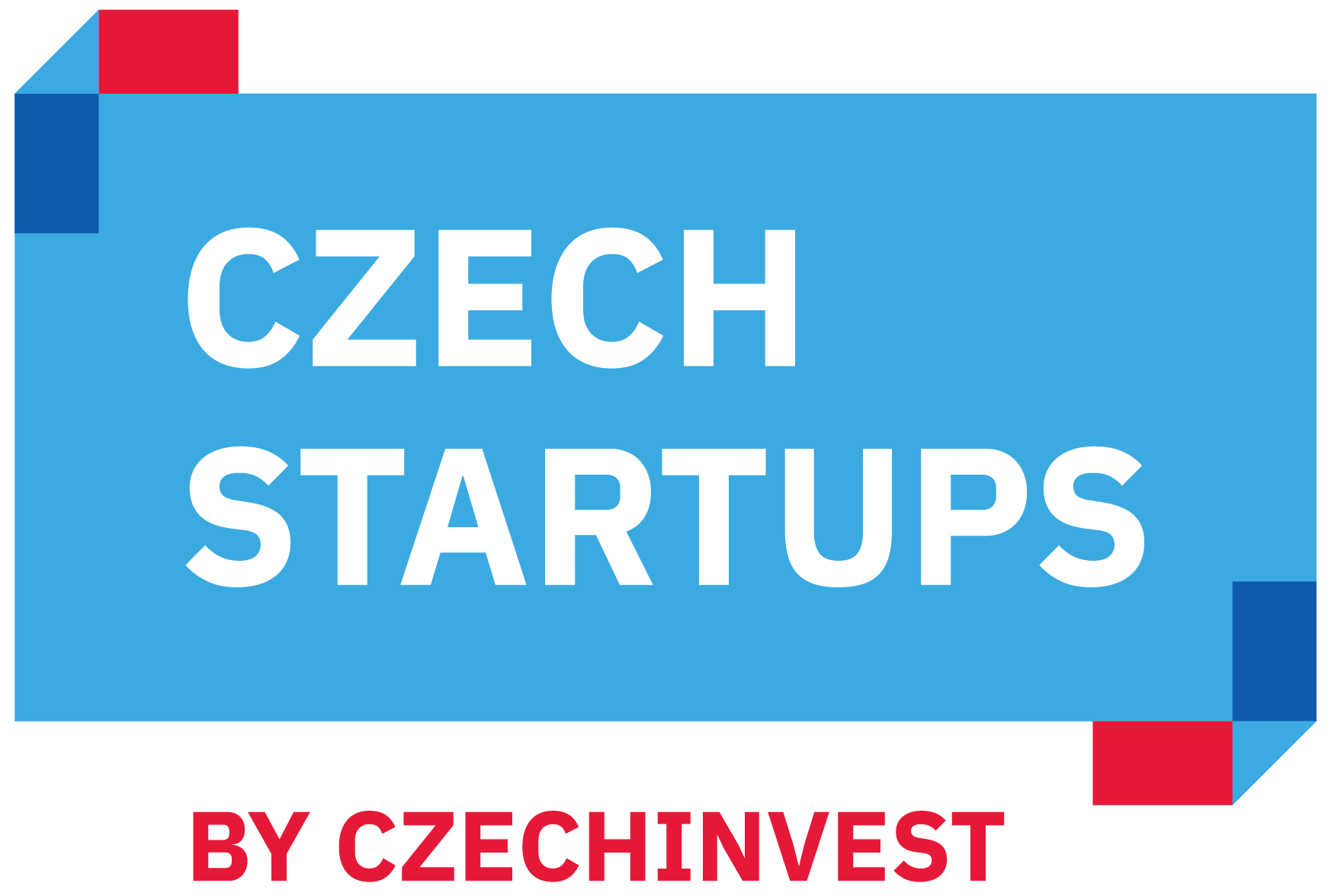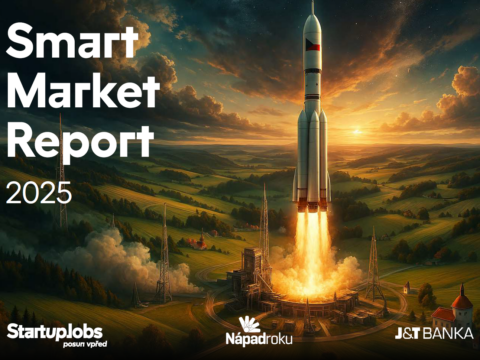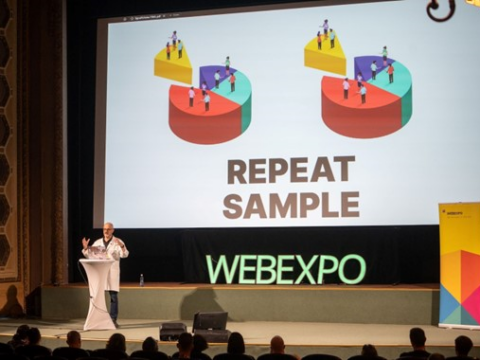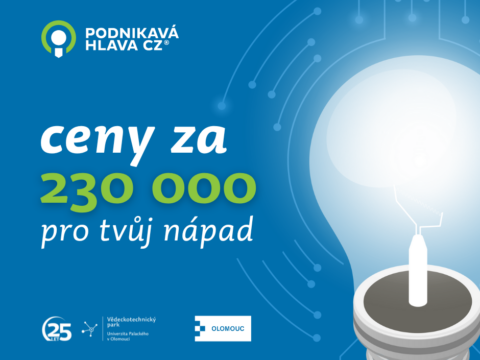We wrote about Petr Štěpánek about a year ago, when he launched the event and coworking space, Next Zone. It quickly became one of the most sought-after locations for startup events not only thanks to its location in Prague’s downtown district but also thanks to the specific modern atmosphere of the original Prague´s Secondary Industrial School.
Petr Štěpánek, however, is primarily a startupper. He founded his first project at the age of 16. When he was 18, he took a 3-month business trip to China with his electric skateboards. Macromo, Petr’s latest project, is heading in a completely different direction. It’s giving its customers a holistic view of their health. It serves as an aggregator of current existing solutions that track health status, whether it’s DNA and other lab tests or data from smartwatches and other wearables. In the future, the app will operate on the principle of regularly summarizing the health status of its users from all available data.
Fundraising is an inevitable stage of any startup, but Petr went about it his own way. He decided to fundraise in America, where he went on his own with his co-founder. We caught up with Petr at Next Zone in the short period between his visits to America to tell us about his approach. We bring you his experiences and impressions.
Grab your coffee, relax, and read.
Petr, tell us about your trip to America. How did it go?
I went to Silicon Valley together with Eva Kutichová, co-founder of the startup Macromo, without using any incubation program, so to speak on my own. We wanted to see what it was like to fundraise in San Francisco and try to break into the startup community there. Because the best technique ever is to connect with other founders who can then help you connect to investors. What matters a lot there is the intro you get – that is, how your startup is introduced to clients and investors. The main thing for us was to build a network of good contacts that would then provide similar intros the next time we visited.
After a while, we found that all startup events are usually held in a closed group and people would share it. It works in the style that someone tweets, posts on LinkedIn in their network, or sends out a message to friends. You have to tap into that. I made my first contact through Sigma Squared Society, a global community of founders under 26. Through one contact, I got to a party where I met 5 other people, got more invitations, and so on. We signed up for every possible community we could, and during those almost two months we went to different social gatherings and events every day. Towards the end, it was even two a day. At the same time, I was accepted into the well-known On Deck Founders program, which offers a wide range of networking opportunities, either among other founders or investors.
What advice would you give to other startups if they want to take a similar journey?
If I could give a tip to other startups who want to do something similar, unless the purpose is to just get there, feel the atmosphere, and fly back, a trip shorter than 14 days is not worth it at all. We were told that anyone who flies there with the intention of fundraising in 14 days will never get funded. The people who fundraise are those who go in with the necessary determination and spend 3-6 months in Silicon Valley with full focus on getting the best possible intro and pitching their team and idea to investors.
We continue networking now in January, even in Western Europe. By the end of the month, we want to start asking for the best intros and networking with the investors we will pitch Macromo to. So far, I’ve tried to get feedback from other founders on our pitch deck, which is something I would also recommend. First of all, get feedback on your pitch and on your startup from other founders who have already raised funding, because that’s the only way to get truly independent feedback. That’s the best technique that even Silicon Valley founders recommend.
What do you see as the differences between the Czech Republic and the US?
The differences that I perceived first were between the community and how startups are approached here and there from a main fundraising perspective. In our country, I feel that investors care more about the business model being proven, ideally having some traction already. Especially in this current economic situation around the world and in Europe. It strikes me as a more conservative approach. In the Czech Republic, you go in front of investors with concrete plans and evidence, whereas in America, at least certainly in pre-seed and seed, investors are much more interested in the vision, mission, and potential of the founding team. It strikes me that in Europe, investors are betting very cautiously on multiple mediocre horses, whereas in America they are counting on the success of every tenth startup. And it does work that way.






